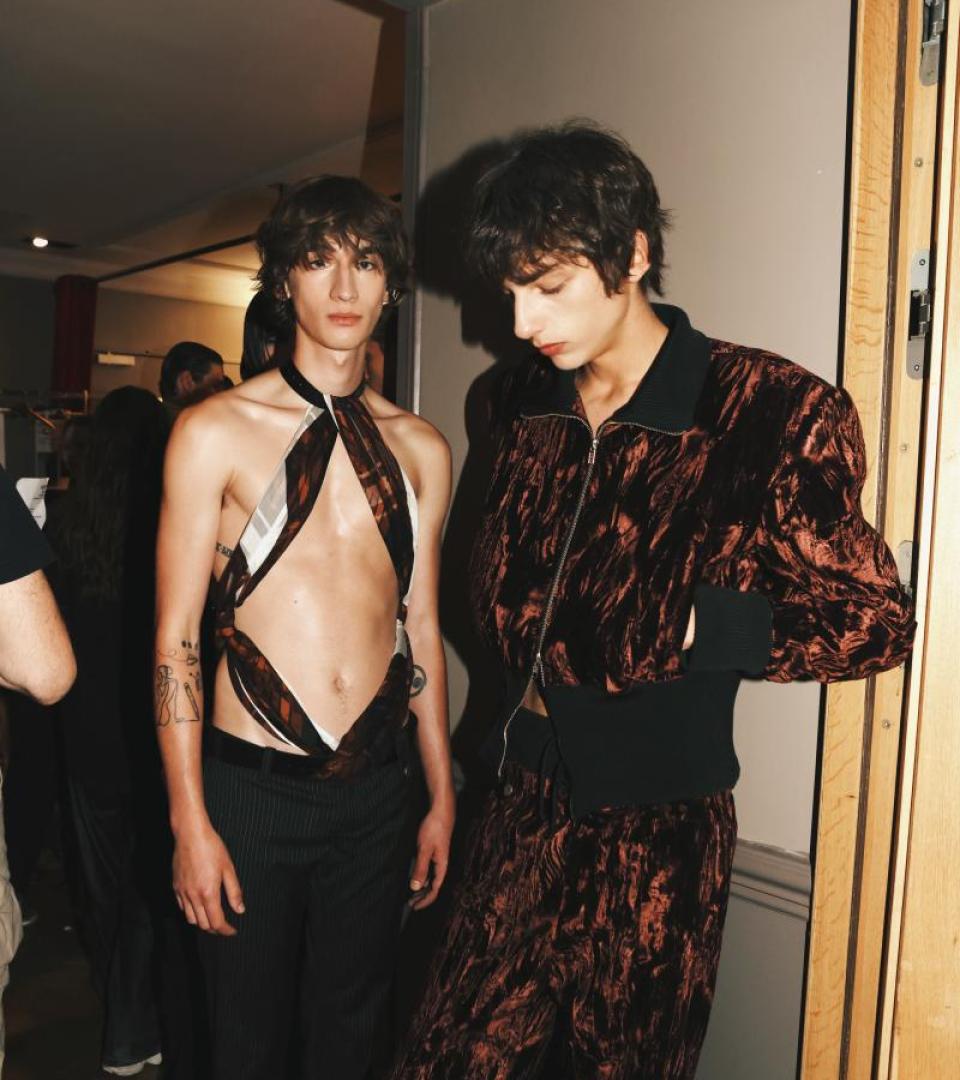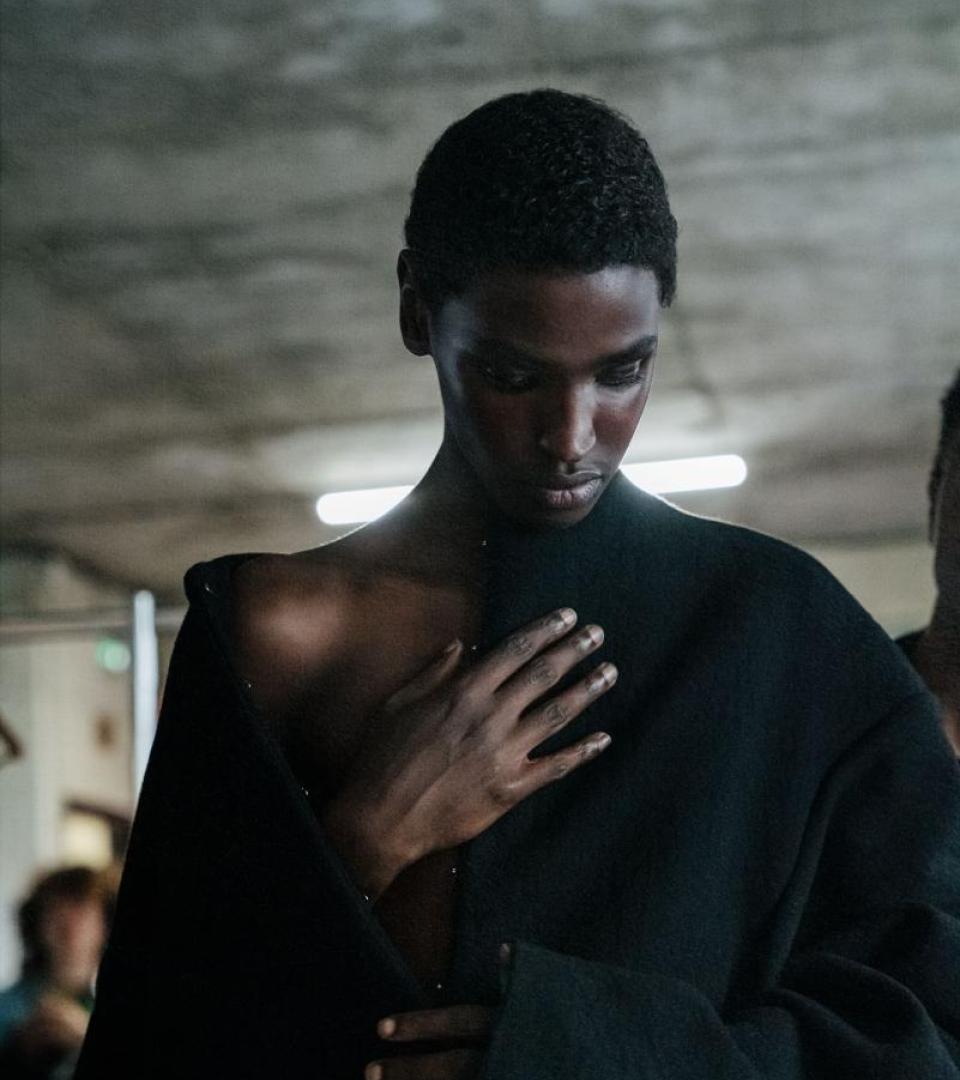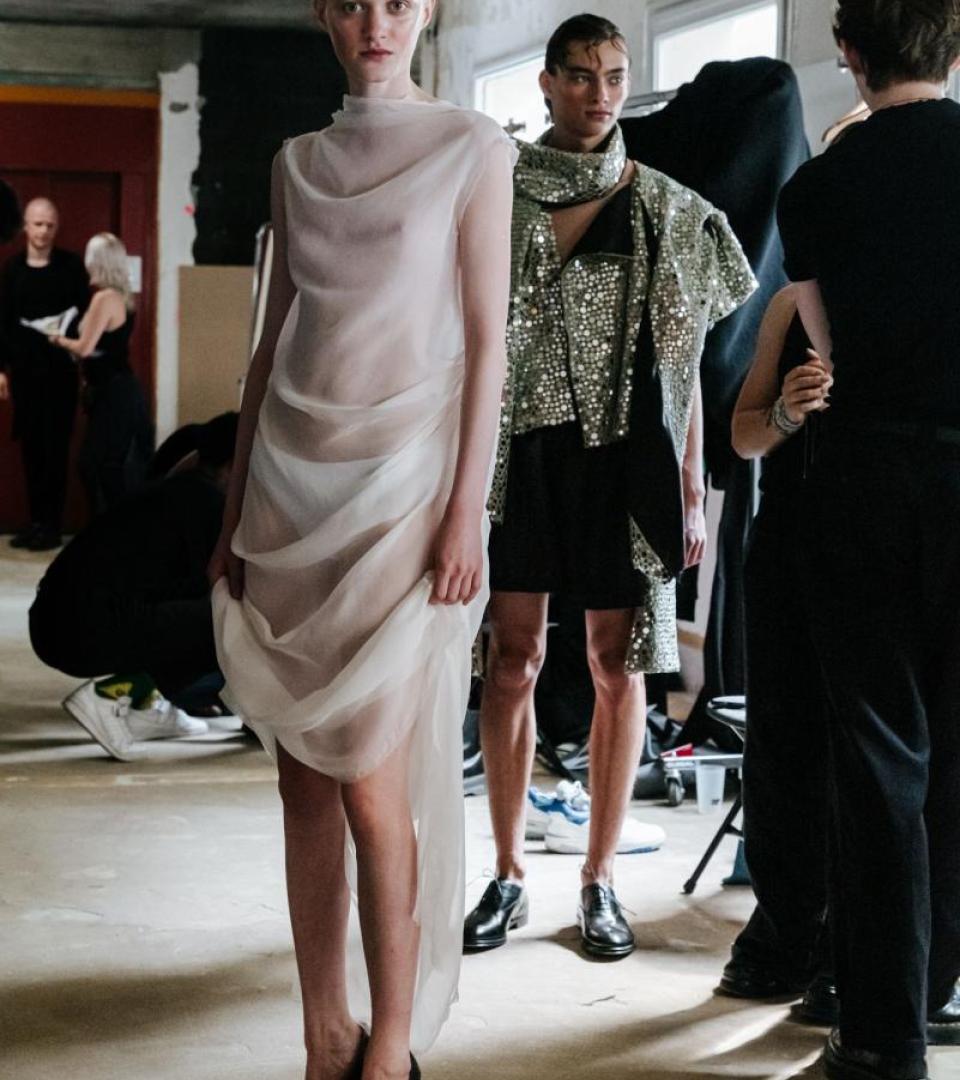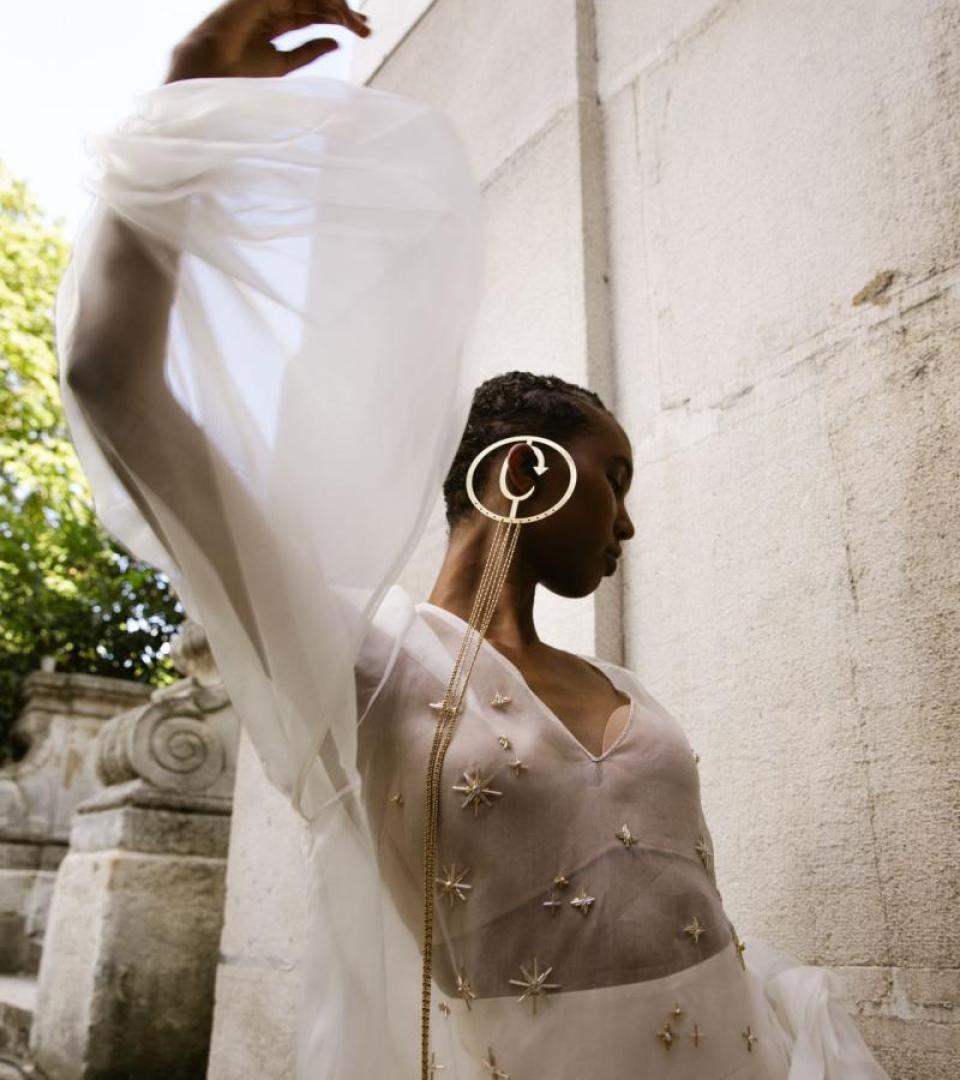A Take On Fashion: Dana Thomas

Dana Thomas has written books on various fashion topics ripple through the industry. The New York Times bestseller “Deluxe: How Luxury Lost Its Luster” from 2007 remains relevant to this day. Since then, she has authored “Fashionopolis: The Price of Fast Fashion and the Future of Clothes”, “Gods and Kings: The Rise and Fall of Alexander McQueen and John Galliano.” Based in Paris, Thomas began her career writing for the Style section of The Washington Post, and for fifteen years she served as a cultural and fashion correspondent for Newsweek in Paris. She is currently a contributing editor for British Vogue, and a regular contributor to The New York Times Style section.
As the world moves ahead, what is your take on fashion’s role in contributing to positive change?
I believe fashion has a responsibility in two major – and interconnected – issues in society today: human rights and climate change. First, human rights: currently, 98 percent of garment workers are not paid a living wage. This is appalling, and the fashion industry should be embarrassed by it. Embarrassed! All garment workers should be paid a living wage. And all should be guaranteed basic benefits, such as maternity leave and paid overtime – even if this is not mandated by the local governments. Brands should demand this of their contractors, or take the orders to factories that do meet those standards. Really, it’s that simple. And it’s appalling that such respect of fellow humans isn’t the norm in fashion.
This in turn is related to the second issue: climate change. Today, fashion is reportedly responsible for 10 percent of all industrial pollution. Even if it’s half that amount, it’s a staggering sum. Fashion brands worldwide need to adopt EP&Ls (environmental profit and losses) to see where their environmental impacts are, and then reduce those impacts – and fast. It’s cheaper to pollute in the short term, but in the long term… Well, just this morning, I read that President Biden stated we have about ten years to really change the way we live and conduct business in regards to climate change. Otherwise it’s going to be too late.
Now, how are these two points interconnected? Simple: You cannot solve climate change until you solve poverty, and you cannot solve poverty until you address those human rights issues.
It’s all of a piece.
Time to stop dilly-dallying and tweaking the existing model. Fashion needs a new model – one that fully, and truly, respects humanity and the planet.
What is one trend or article of clothing that will define the coming year?
The trend would be a fact that I read this morning, which made me feel sick to my stomach: Zara is back up to pre-pandemic sales levels. Did we learn nothing during that 18 months of confinement and reflection – consumers as well as businesses? That we have to stop over-producing and over-selling, and over-consuming? That business should be doing less, better, and behaving responsibly when it comes to Mother Earth and humankind, rather than mass, mass, mass everything for money, money, money?
Good God.
What is something you’d love to see in fashion’s future — even if it remains a fantasy?
A truly responsible and respectful industry, across the board, rather than one driven by greed.
Besides it being one of the seven deadly sins, greed is ugly. And isn’t fashion supposed to be about beauty?



